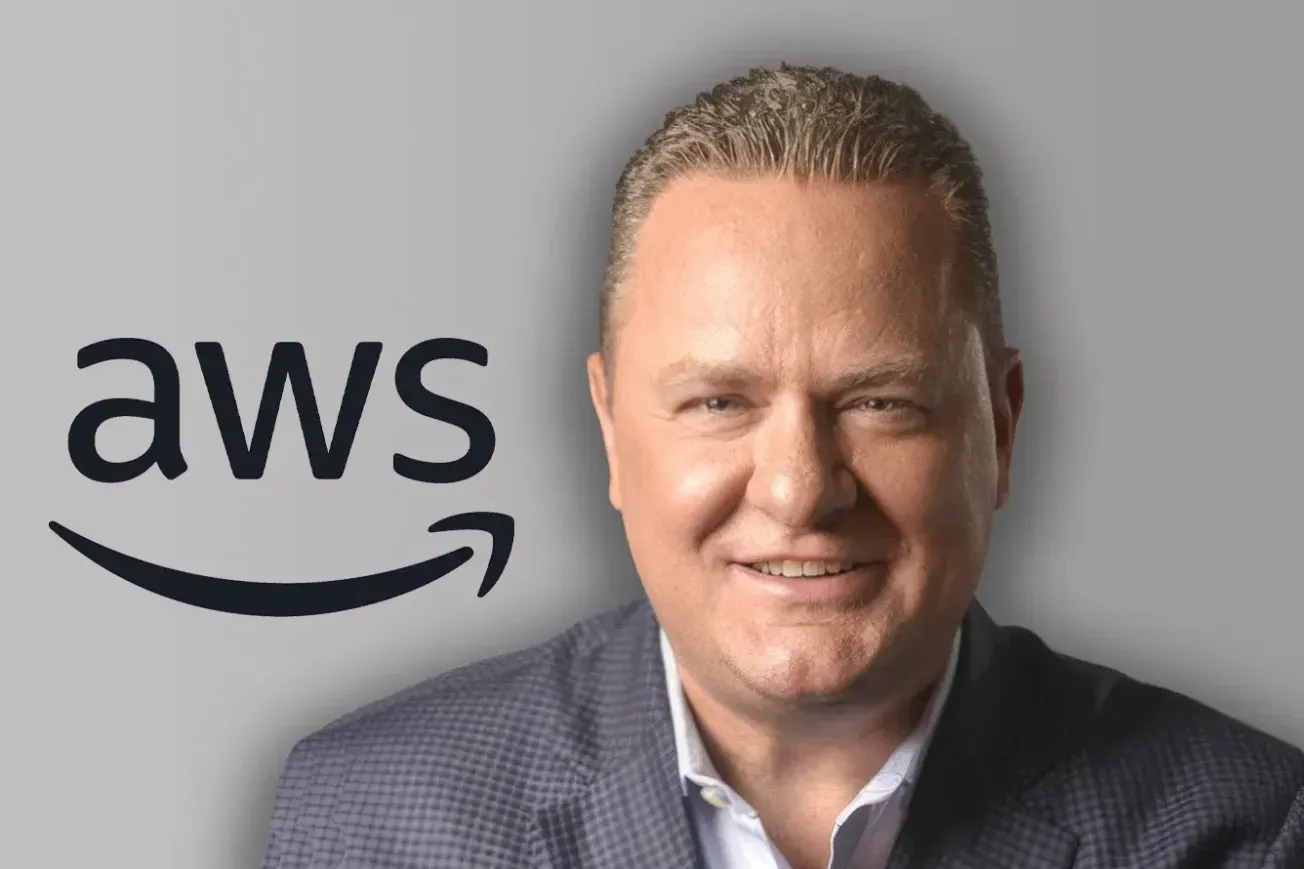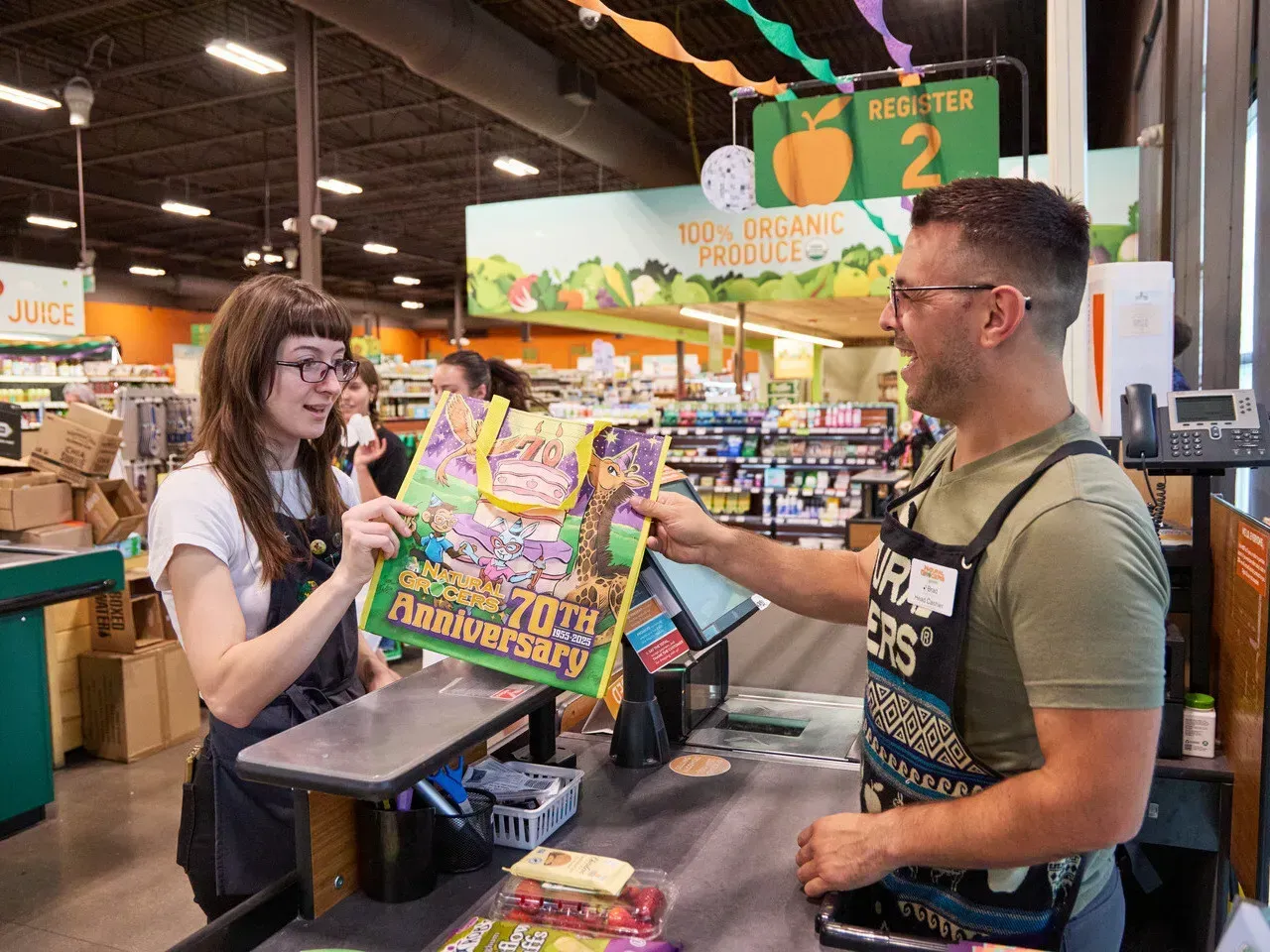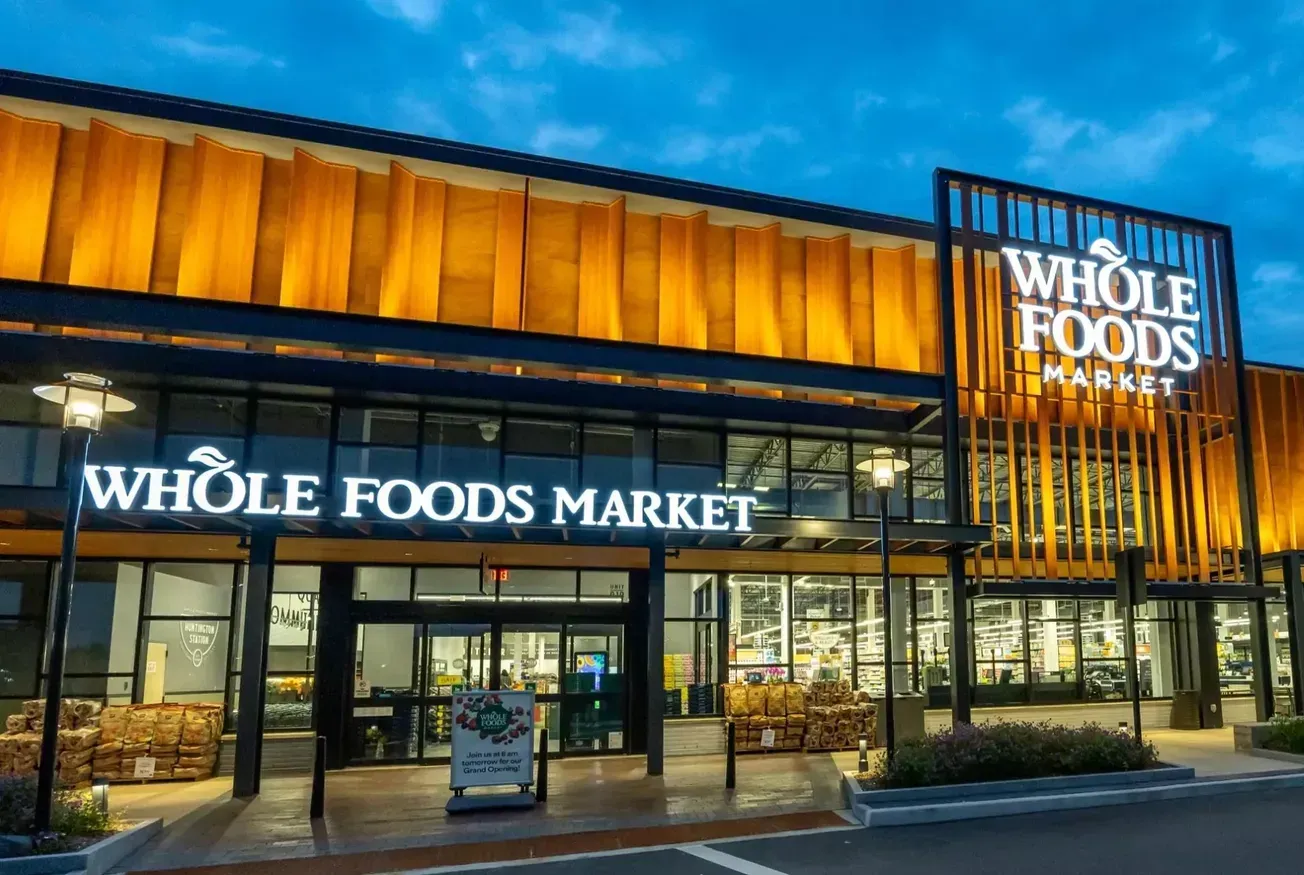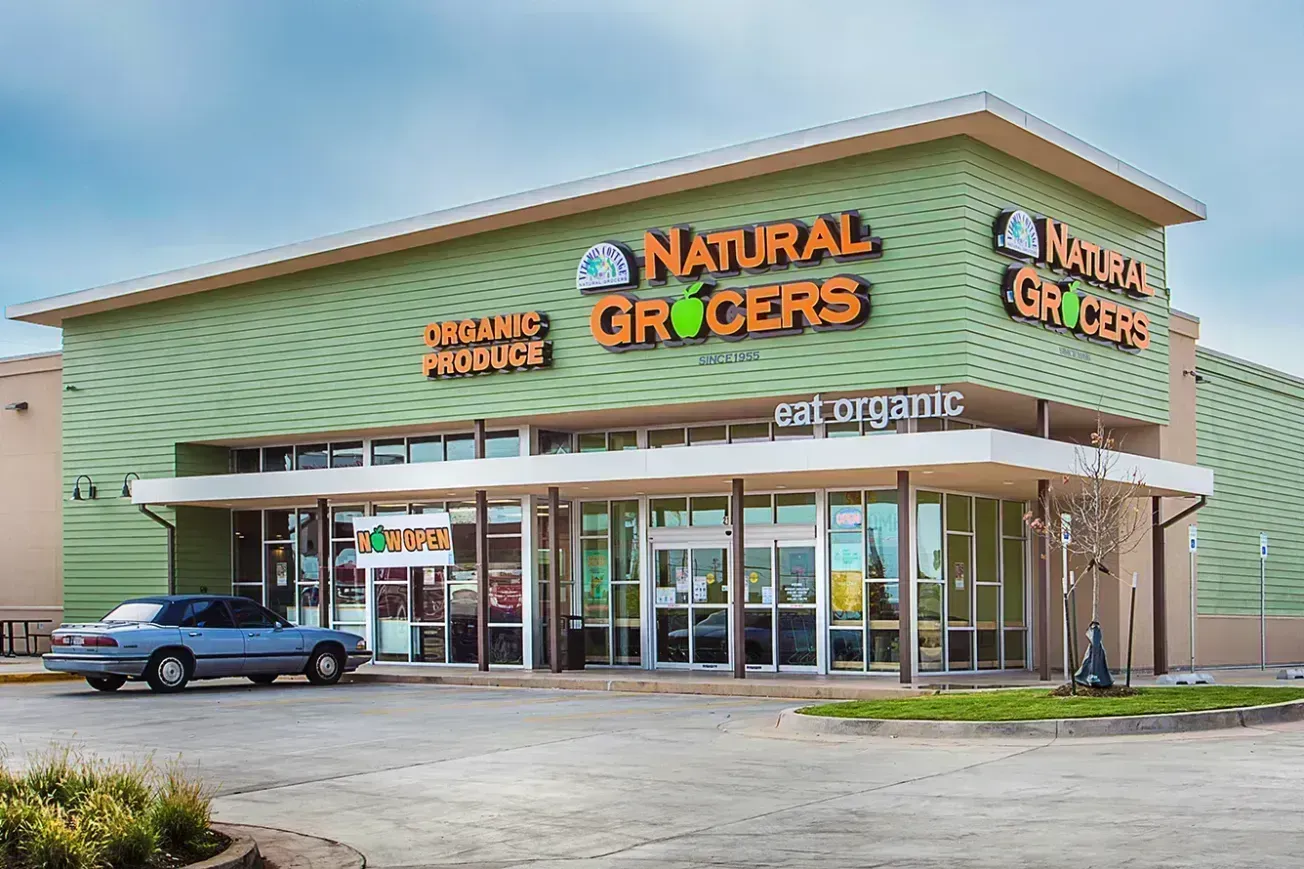CINCINNATI — Kroger Co. is the latest major retailer to introduce a subscription membership program to accelerate its e-commerce growth. The nation’s largest supermarket operator has joined a growing number of mass market retailers in adopting the model pioneered by Amazon with its Amazon Prime premium loyalty program.
The Kroger effort, appropriately dubbed Boost by Kroger Plus, is a two-tiered program that offers various online benefits and additional rewards through the Kroger Plus loyalty program. For $59 per year, members can receive double fuel points (up to $1 per gallon of gasoline) and free one-day delivery on orders of $35 or more, or for a $99 annual fee, receive free delivery in as little as two hours plus the double fuel points.
New members also receive a one-time welcome kit worth more than $100 with offers from Home Chef, Murray’s Cheese, Vitacost and various Kroger own brand items. The kit offsets the first-year cost of membership.
“Kroger Boost is an accelerant to the Kroger Family of Companies’ rapidly expanding seamless ecosystem, which includes our new Kroger Delivery fulfillment centers,” said Bill Bennett, vice president and head of e-commerce for Kroger. “Through Boost, Kroger remains uniquely positioned to be Fresh for Everyone, making grocery delivery accessible to every customer through the industry’s most affordable free delivery membership. Combine this with a 2X multiplier on our industry-leading fuel points program, and we’re confident we’ve built a truly differentiated membership program that our customers will love.”
Boost by Kroger Plus is the latest addition to Kroger’s omnichannel arsenal, following the September launch of Kroger Delivery Now, which the grocer calls a virtual convenience store offering a selection of 25,000 fresh items and household essentials that can be delivered in as little as 30 minutes through a partnership with Instacart. Last month Kroger announced it would extend the reach of its Kroger Delivery service by opening additional customer fulfillment centers featuring technology developed by the Ocado Group. The expansion targets California and south Florida, and will carry Kroger into the Northeast for the first time.
The new program is initially being launched in Kroger’s Cincinnati-Dayton, Columbus, Atlanta and Central (Indianapolis) divisions. Plans call for it to be rolled out to additional regions next year.
Boost by Kroger Plus is actually not the grocer’s first foray into premium loyalty programs. In May 2020 the company piloted Delivery Savings Pass in Dallas and Los Angeles. For a $79 annual fee, that program offers unlimited free grocery delivery for orders of $35 or more, waiving the usual $9.95 fee per delivery order.
With these initiatives, Kroger has joined a virtual stampede of retailers launching or testing subscription loyalty programs, a group that includes Walmart, CVS Pharmacy, Albertsons Cos., Publix Super Markets Inc., the GIANT Co. and Hy-Vee Inc., among others. In addition, last month electronics retailer Best Buy debuted its Totaltech membership program, which offers such benefits as free delivery, extended return windows and unlimited Geek Squad support for a fee of $199 a year.
Like Best Buy, Walmart is touting its Walmart+ program as a way to avoid out-of-stocks during this year’s holiday selling season. Members of Walmart+ will be able to start shopping online sales four hours earlier than other shoppers during the month of November.
Earlier this year, Walmart announced it would increase its capital expenditure budget to fund additional capacity and automation in fulfillment centers and stores.
“These investments are aimed at increasing assortment to broaden our appeal with customers and get product positioned and picked efficiently to deliver it faster,” explained Doug McMillon, Walmart’s president and chief executive officer, during an August conference call. “These investments will increase capacity, help support the growth of Walmart+ and improve productivity.”
McMillon further stressed the importance of laying the groundwork of growth with such investments while speaking at the Goldman Sachs Global Retailing Conference in September. “We don’t have all the capacity that we need, so the worst thing we could do is to really aggressively market this, [and] get a bunch of members that are disappointed,” he said.





